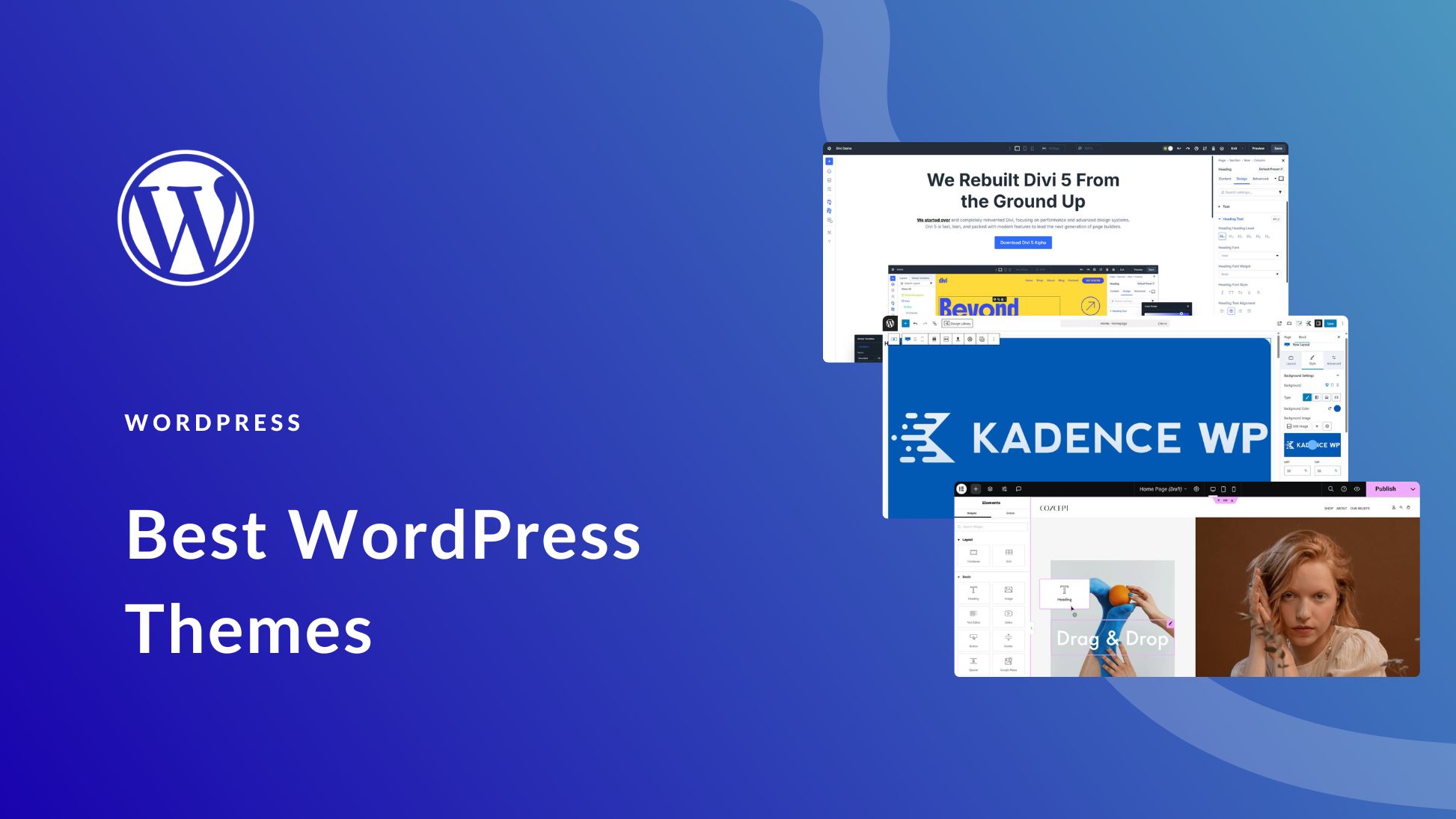Google PageRank may seem like an outdated concept. Since the public scores are no longer visible in search engine toolbars, it’s easy to assume that this metric no longer matters for Search Engine Optimization (SEO). However, it still influences your content’s rankings behind the scenes, so it’s smart to familiarize yourself with it.
In this article, we’ll explain what Google PageRank is, its brief history, and how it works. We will also discuss how it can affect your SEO activities and what to avoid.
Let’s dive right in!
Subscribe To Our Youtube Channel
What Is PageRank?
PageRank is a system developed in 1997 by Google founders Larry Page and Sergey Brin. It was designed to evaluate the quality and quantity of links to a page. Along with other factors, the score determined pages’ positions in search engine rankings.
To illustrate this concept, it helps to think of Google interpreting links as “votes.” Besides counting them, Google also analyzes the pages that cast each “vote”, and weights some as more important than others. As a result of these and other factors, Google calculates a total score known as the content’s PageRank.
The motivation behind creating PageRank was to improve the overall quality and accuracy of search engines. In the early days of the Internet, search results were often not as relevant to users’ queries as they are today.
The referencing system in academia and the evaluation process of scientific papers inspired Sergey Brin and Larry Page to solve this problem. They used these concepts in their research project at Standford University and applied it to search engines. The idea became the foundation of Google and its Toolbar PageRank, which used to publicly display scores.
Eventually, Google discontinued its Toolbar PageRank. The single score metric was no longer useful to the public and created confusion about its significance. It also contributed to link spam and abusive SEO practices, such as the buying and selling of backlinks.
How Is PageRank Calculated?
PageRank is calculated based on a mathematical formula, which the original Google paper defines as follows:
PR(A) = (1‑d) + d (PR(T1)/C(T1) + … + PR(Tn)/C(Tn))
In this equation, T1 to Tn are all pages linking to page A. C represents the number of outbound links and d is a damping factor, usually set to 0.85.
To simplify this formula, we could say Google considers the quantity of inbound and outbound links and the PageRank of each linking page. The “voting” example above is the best way to illustrate this system.
Essentially, the amount of points (also called “link juice”) that a page can pass depends on its own total PageRank. Well-maintained inbound and outbound linking structures can pass substantial link juice, which can boost your website’s position on Search Engine Results Pages (SERPs).
Let’s say page A has accumulated ten PageRank points. Linking to page B will transfer the maximum amount, which is ten points. However, linking to five other pages (internal or external) will dilute the link juice, so page A will only pass two points to each page.
In some situations, you might prefer not to pass any PageRank points to a page. For instance, a certain link might lead to a paid ad or an untrustworthy source, which could undermine your authority.
In that case, you can use the rel= “nofollow” tag, which tells Google not to transfer any link juice. Note that the “nofollow” link still counts in the total PageRank calculation, so the number of points you can pass will remain lower.
Why Does PageRank Matter For SEO?
While the exact search engine ranking algorithm remains unknown, it’s safe to assume that PageRank is still influencing SERPs. Backlinks can strengthen or ruin your domain authority, which affects your PageRank score. Therefore, practices such as link building should become part of your SEO strategy.
Some useful external link building tips you can implement to improve your PageRank include:
- Seek quality backlinks. A link from an authoritative page can pass a lot of link juice. Consistently publishing high-quality content and finding guest posting opportunities on reputable websites can help with this.
- Avoid broken links. Broken links waste link juice and lower your PageRank. Ensure your internal links work and that external sites correctly link back to your pages.
- Encourage organic link building. Compelling content that resonates with your audience can increase your backlinks naturally. In particular, long-form content, strategic keywords, and other useful SEO practices can help with this.
- Be present on social media. Promoting your brand on social media creates opportunities for backlinks and reshares.
- Use backlink checker tools. Regular backlink audits will help you catch red flags such as spam or links from untrustworthy sites, which hurt your domain authority.
Internal linking can also boost your PageRank and SEO efforts, so don’t neglect references to your own posts, especially your cornerstone content. Most SEO Plugins, such as Yoast, can help you identify internal linking opportunities. Internal links help Google understand the structure of your website so that it can assess its relevance, relationships between pages, and ease of use.
Finally, be careful not to overuse links. Google’s algorithm might interpret this as spam and penalize your website as a result. Instead, make sure to follow an ethical link building strategy that focuses on quality rather than quantity.
Link building takes time, which can be frustrating. However, when it comes to SEO, it never pays off to take shortcuts. Google will recognize if a link is out of context or irrelevant to your post. Producing high-quality content that provides value to your readers is the best way to make sure your efforts pay off in the long run.
Conclusion
Although Google discontinued its Toolbar PageRank a few years ago, this metric is still relevant to your SEO. While you shouldn’t obsess over it, keep in mind that your internal linking structure and relevant external links influence your website’s search engine rankings.
In this post, we explained what Google PageRank is and how its formula works in theory. We also discussed some of the best SEO practices for improving your score, such as building your domain authority and reputable backlinks.
Do you have any questions about PageRank? Let us know in the comments section below!
Featured image by PureSolution / shutterstock.com









Hello, Will Morris can you suggest me best free backlink checker tool ?
Hi, Ashish. The only completely free tool I know of is the one at NeilPatel.com. You have to create an account to gain full access, but it’s free.
Moz and SEMrush both provide a limited number of free queries per month, but it’s not really enough data for a full backlink audit. Ahrefs also has a free version of its backlink checker available with limited features and seems to be a bit more robust than Moz or SEMrush.
Because Google officially removed support for Toolbar Pagerank in 2016, some SEA view PageRank as an outdated and irrelevant metric but in my opinion is still important these days.
Thanks for your comment, Luci. We agree.
Page rank no longer exists but quality backlinks do matter. Thanks for the information, shall keep building relevant links.
You’re welcome, Aditi!